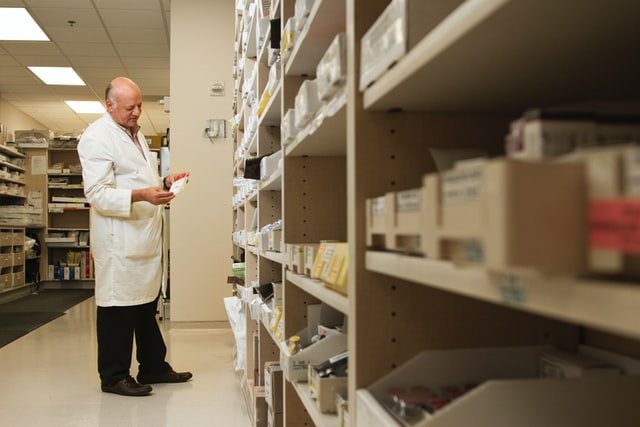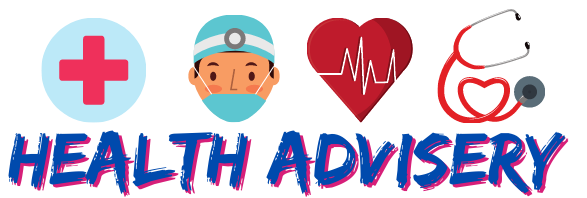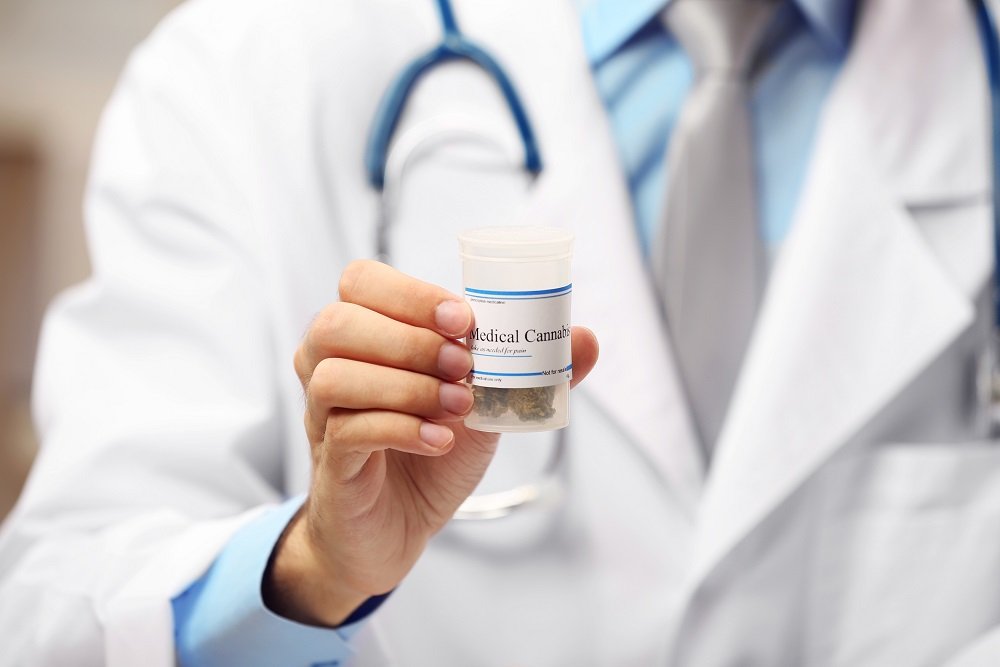Pay a visit to any corner pharmacy in Payson, Utah and you will be able to discuss your prescription medications with a licensed pharmacist. That pharmacist can fill your prescription for an antibiotic, blood pressure medication, etc. However, medical cannabis will be off the table. For that, you will need to visit a medical cannabis pharmacy, like Pure Utah, where you will consult with a dispensary pharmacist.
What is different about the dispensary pharmacist’s job? How is their career different from the pharmacist down at the corner drugstore? The answers lie in cannabis itself. As a plant with medicinal properties, cannabis can be used to treat a number of chronic conditions. But the plant also occupies a political and legal no man’s land that requires special treatment in some states.
Table of Contents
Dispensing Medical Cannabis
Legal constraints force states with medical-only programs to draw a distinction between a general pharmacist and a dispensary pharmacist. Both types of pharmacists undergo an extensive education program to become a Doctor of Pharmacy (PharmD). Both must be licensed by their states and, if they deal in controlled substances, register with the Drug Enforcement Agency (DEA). This last point is where things get sticky.
A dispensary pharmacist is dealing with controlled substances – at least under federal law – by dispensing medical cannabis. Yet states like Utah are determined to keep medical cannabis separate from other prescription medications as long as discrepancies between federal and state laws exist. This is why medical cannabis pharmacies are separate entities.

Undergoing Additional Training
Future pharmacists learn the basics of the endocannabinoid system in medical school. In some states, a standard pharmacy education is enough to become a licensed dispensary pharmacist. But other states require dispensary pharmacists to undergo additional training. In such cases, the idea is to guarantee that they are experts in medical cannabis and the endocannabinoid system.
Some states do allow dispensary pharmacists to work with other types of controlled substances. Drugs like opioid painkillers immediately come to mind. Such drugs would not be sold in a medical cannabis pharmacy, but the pharmacist could work two jobs – one at the medical cannabis pharmacy and another at the corner drugstore.
Typical Job Responsibilities
As for a dispensary pharmacist’s daily routine, their job responsibilities are pretty similar to those of the traditional corner pharmacy. Right off the bat, the dispensary pharmacist is responsible for dispensing medical cannabis products to customers. Some states require that customers consult with a pharmacist on every visit. They also require a dispensary pharmacist to approve every order before it goes out the door.
A more important function is that of consultation. Medical cannabis is somewhat unique in that doctors do not write prescriptions. They recommend medical cannabis to patients looking to obtain medical cannabis cards. When it comes time to visit the dispensary, a patient consults with the dispensary pharmacist on product choice, delivery method, and dosage.
Consulting with patients takes up a considerable amount of the dispensary pharmacist’s time. Remaining time is spent filling orders, reviewing patient and pharmacy records, and continuing to learn as much as possible about cannabis.
A High Demand Job
As you might imagine, the rapid expansion of medical cannabis across the country has made the job of dispensary pharmacists indispensable. Licensed pharmacists are in high demand from coast to coast. Anyone looking to get into the pharmacy and be on the cutting edge of an entirely new line of treatment possibilities should probably look into becoming a dispensary pharmacist. Dispensary pharmacy is an emerging career with a lot of potential for many years to come.

